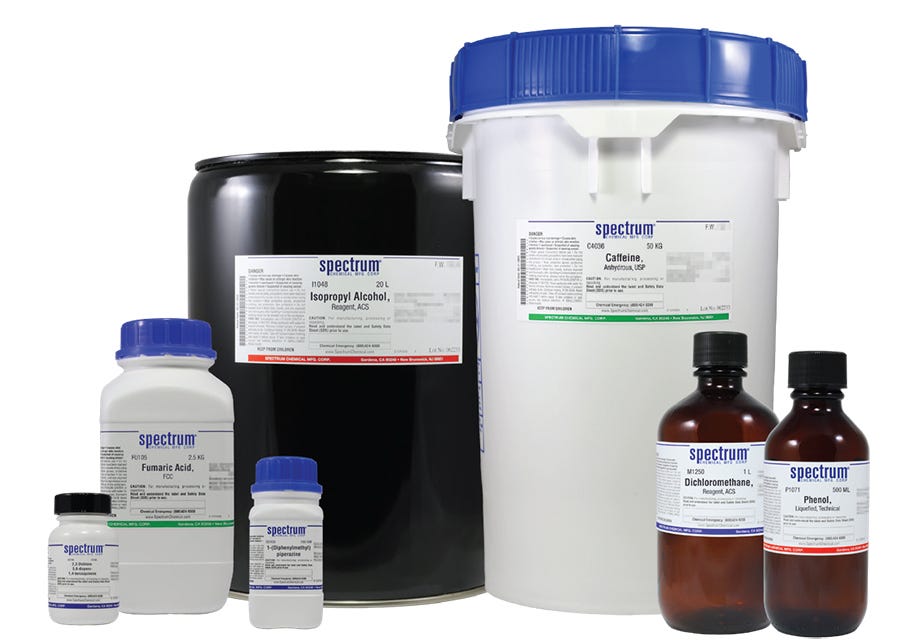The world of science is vast and complex, with numerous disciplines and sub-disciplines that often intertwine and overlap. Two such disciplines that are frequently used interchangeably, yet hold distinct meanings, are 'chemical' and 'biological'. This article aims to delve into the depths of these terms, exploring their definitions, their differences, and their real-world applications.
The term 'chemical' refers to anything related to chemistry, the scientific study of the properties and behavior of matter. It encompasses the substances we encounter in our daily lives, from the water we drink to the air we breathe, and even the food we eat. Chemical processes are constantly occurring around us and within us, driving the natural phenomena we observe and the technologies we use.
On the other hand, 'biological' pertains to biology, the study of living organisms. This includes their structure, function, growth, origin, evolution, and distribution. Biological processes are those that sustain life, from the cellular mechanisms that keep our bodies functioning to the ecological interactions that maintain the balance of our planet.
While both chemical and biological processes are fundamental to life, they operate on different scales and involve different types of matter. Chemical processes often involve inanimate matter and can occur in both living and non-living systems. Biological processes, however, are exclusive to living organisms and involve complex interactions between different forms of life.
In the real world, the distinction between chemical and biological becomes crucial in various fields. For instance, in environmental science, understanding chemical processes helps us predict and mitigate the impacts of pollution, while understanding biological processes allows us to conserve biodiversity and maintain ecosystem health. In medicine, chemical knowledge is essential for drug development, while biological knowledge underpins disease diagnosis and treatment.
Moreover, the intersection of chemical and biological sciences has given rise to new disciplines such as biochemistry and molecular biology. These fields leverage the principles of both chemistry and biology to unravel the mysteries of life at the molecular level, leading to breakthroughs in areas like genetics, immunology, and neuroscience.
In conclusion, 'chemical' and 'biological' are two terms that, while often used interchangeably, hold distinct meanings and implications. Understanding these terms and their differences is not just a matter of scientific literacy, but also a key to unlocking the potential of science in addressing the challenges of our time.


